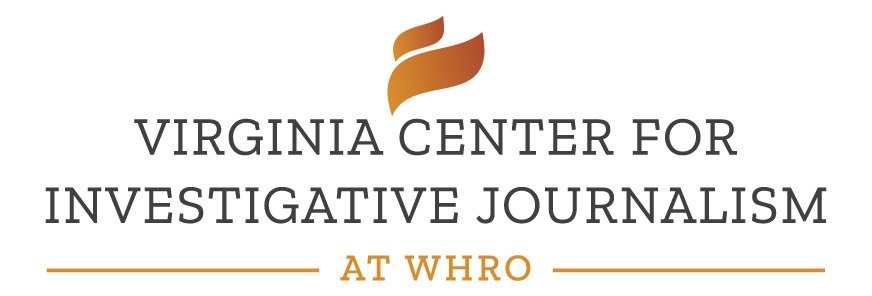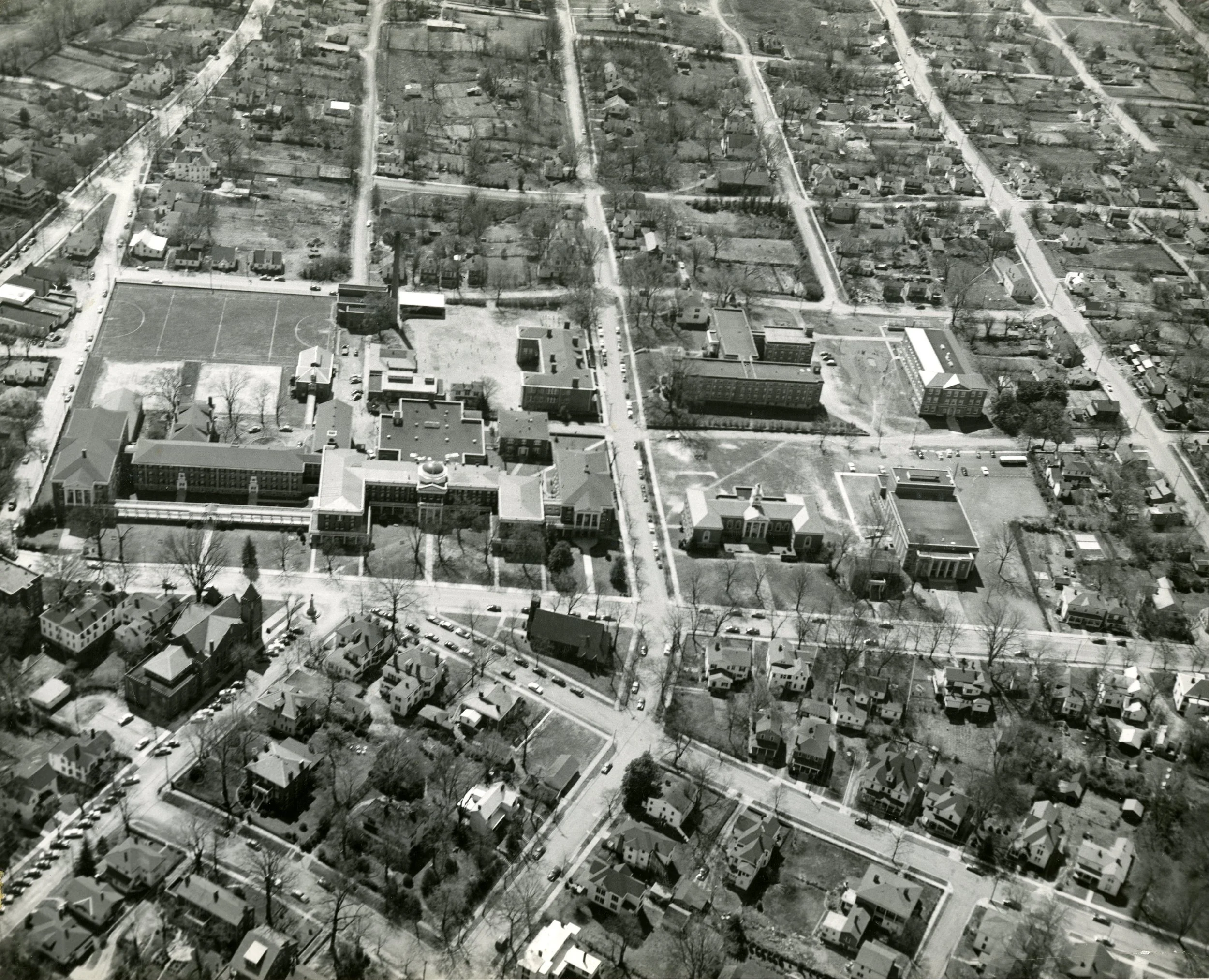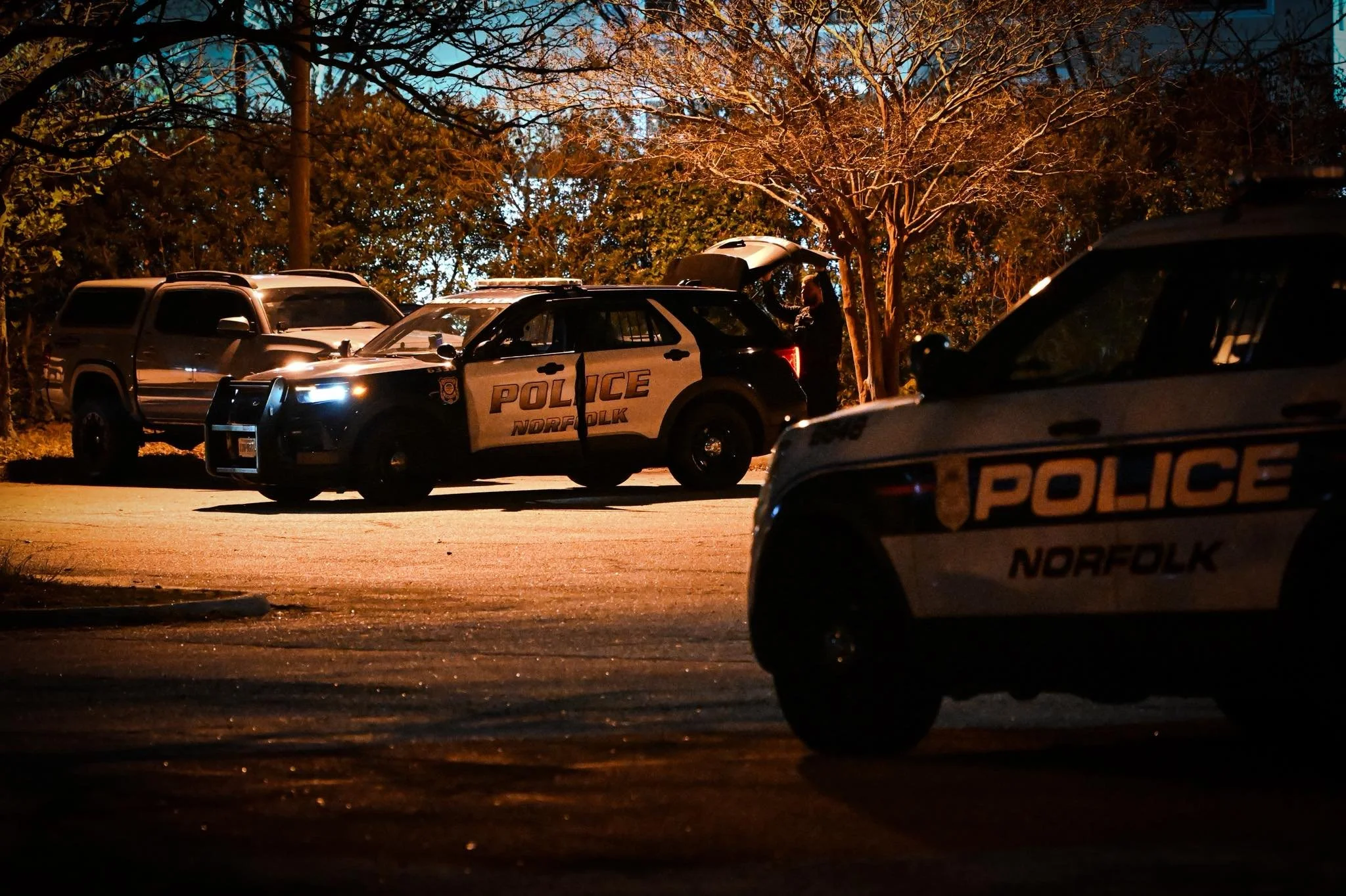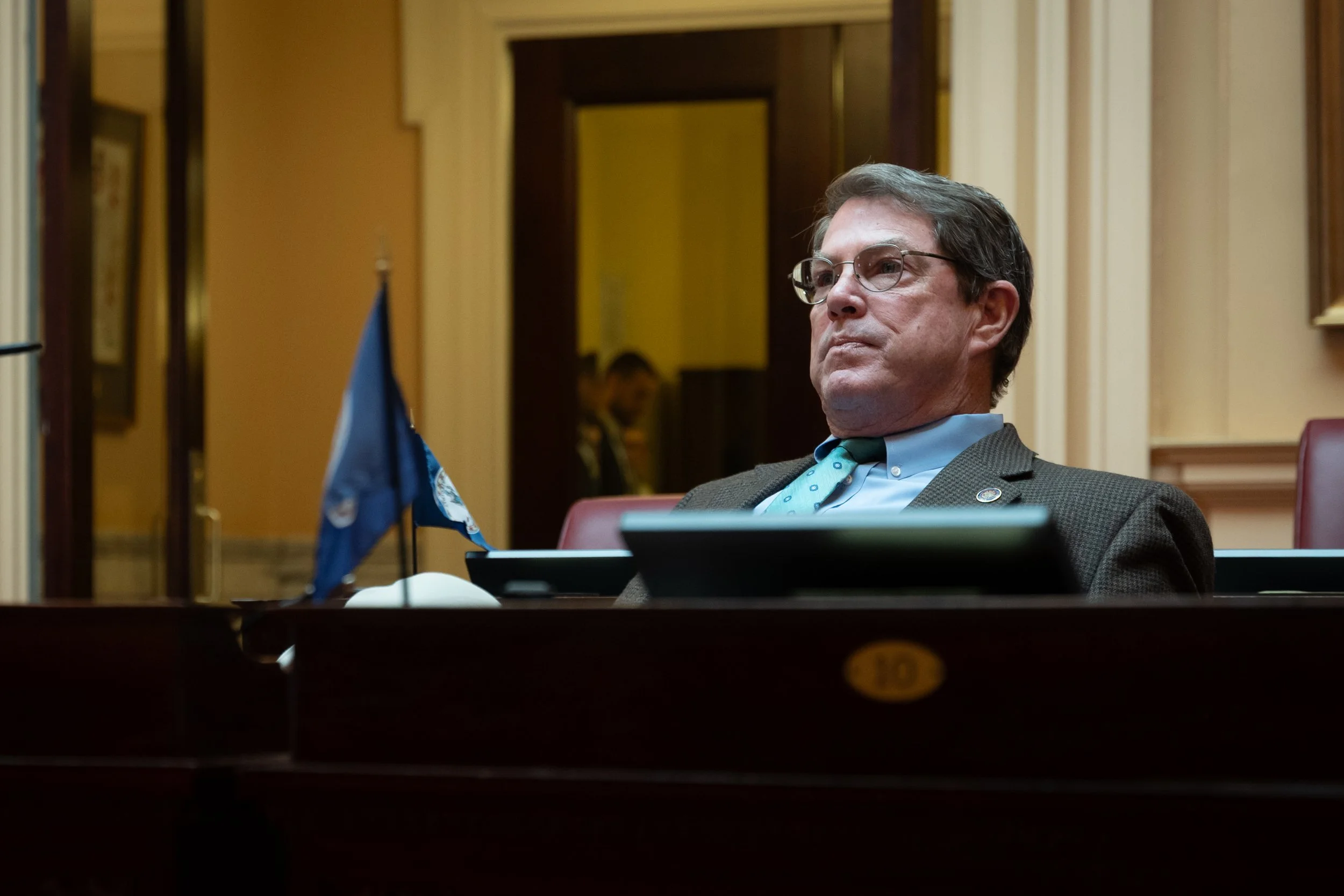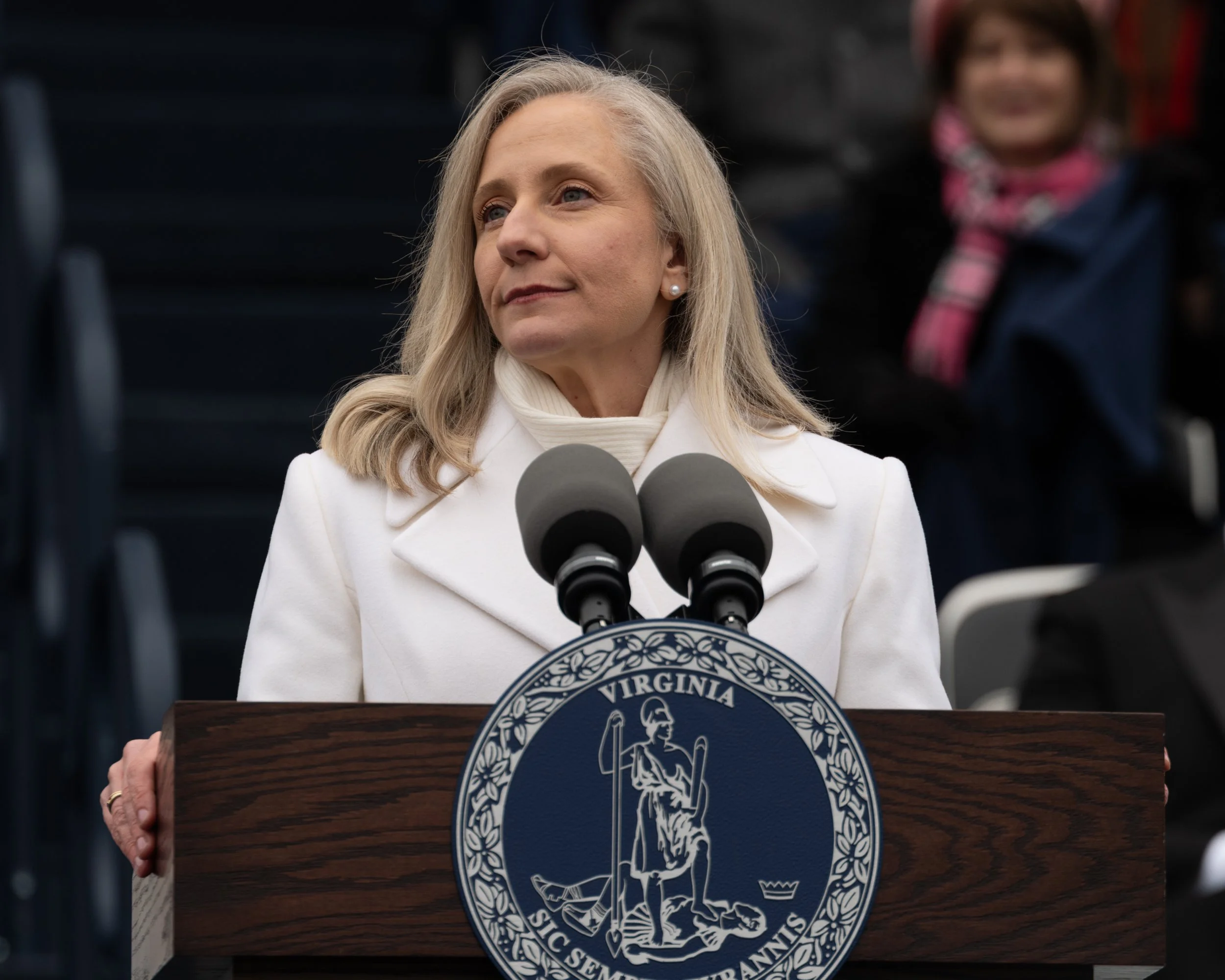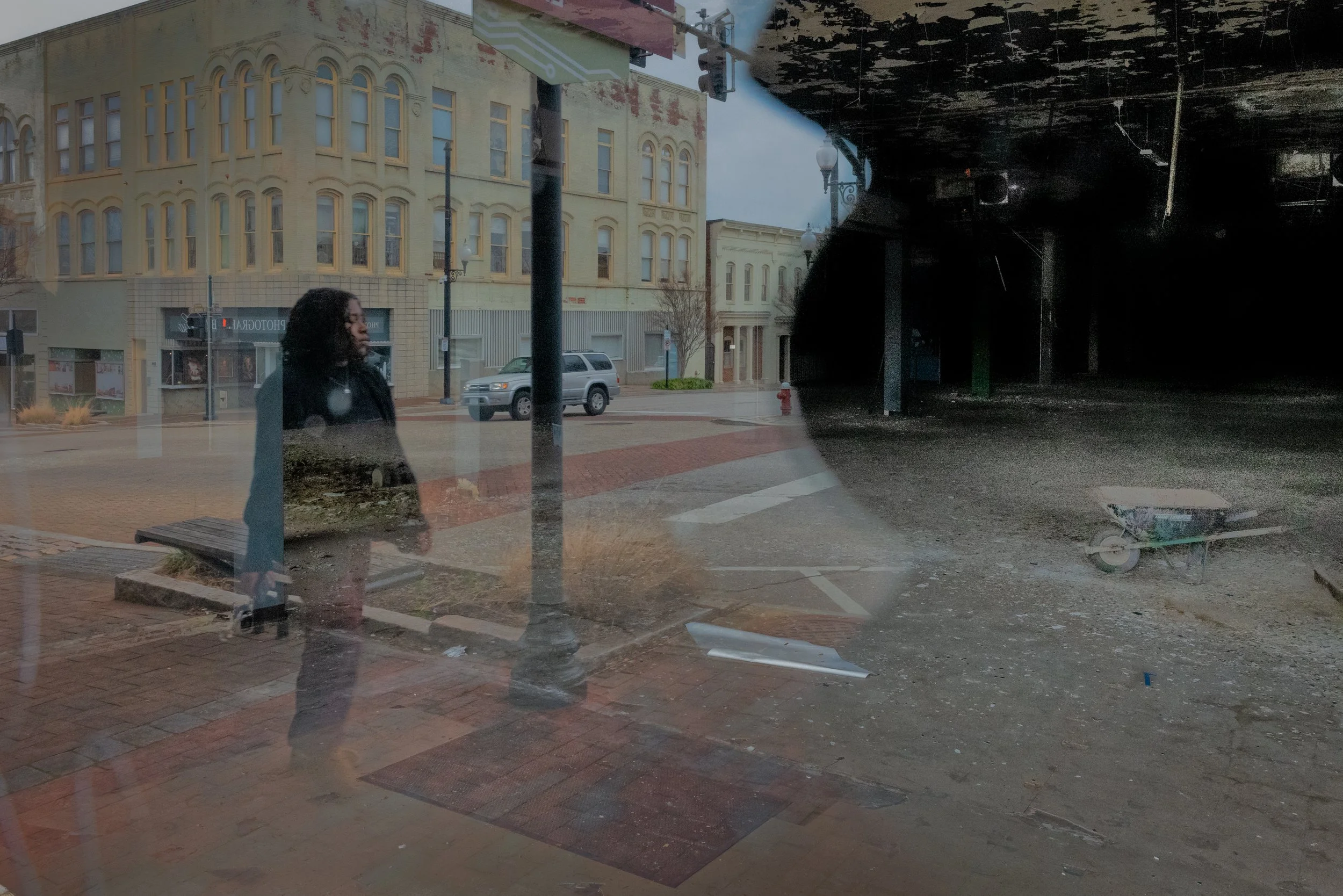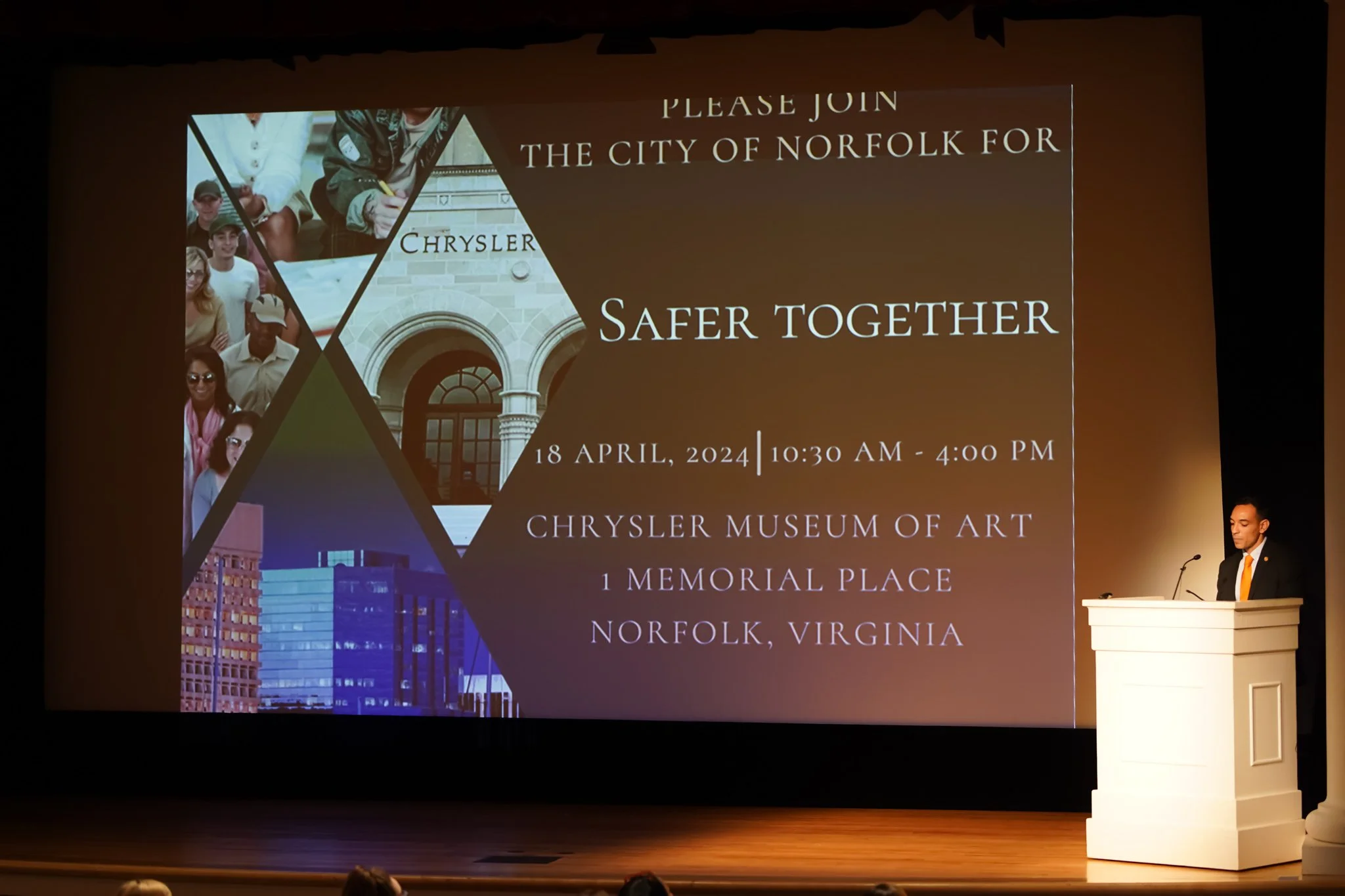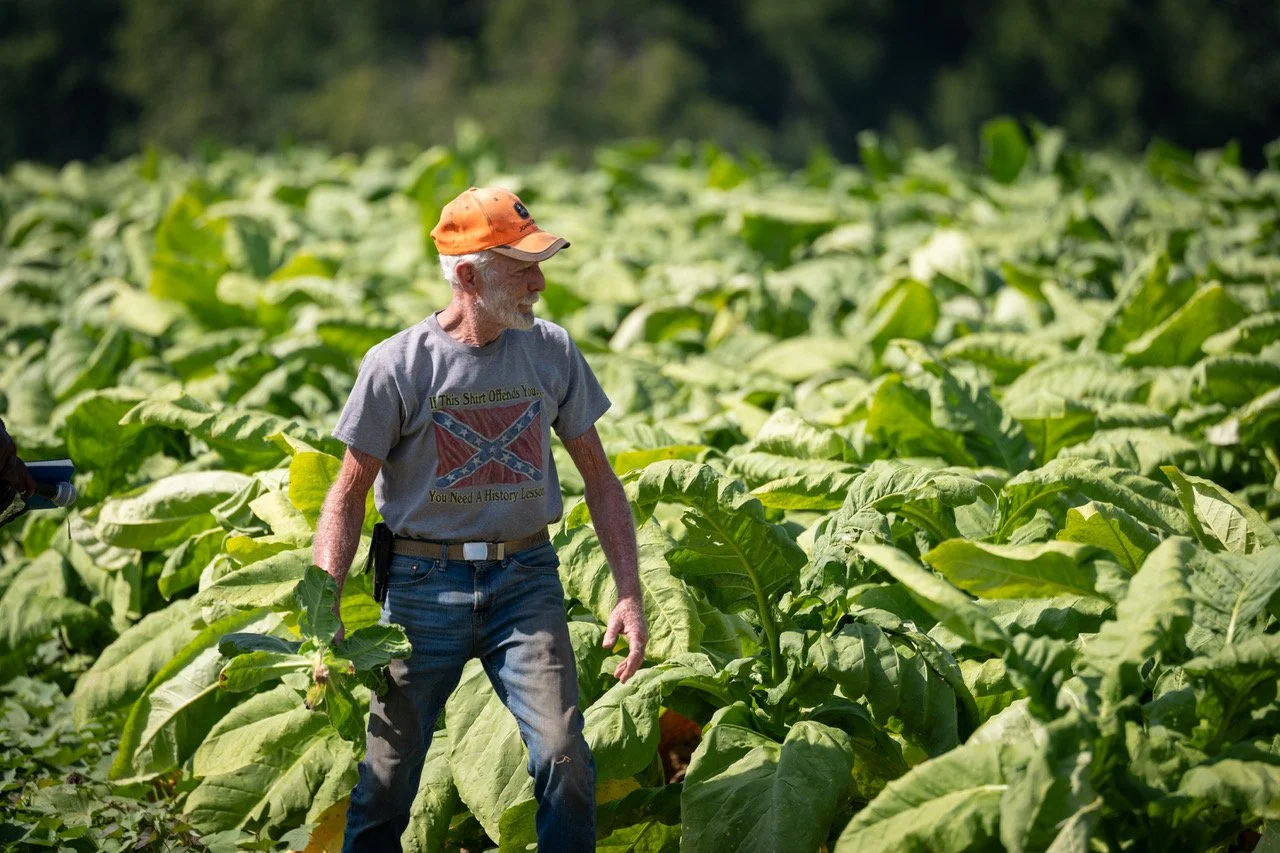A Virginia university wanted property for dormitories and classrooms. It targeted a Black neighborhood at the center of the Civil Rights Movement.
BY LOUIS HANSEN
VIRGINIA CENTER FOR INVESTIGATIVE JOURNALISM AT WHRO
latest stories
Law enforcement data from the 2020 Community Policing Act sheds light on traffic enforcement across the Commonwealth
Republican Sen. Richard Stuart wants to develop a large solar farm on his property. Green energy advocates say it would set a dangerous precedent.
Democrat Abigail Spanberger becomes Virginia’s first female governor, acknowledging generations who fought for a political voice.
In most years, the Commonwealth has gained federal civilian workers. The Trump administration’s cuts took away more than 20,000 government jobs last year.
The mother of Joshua Sikes, 11, claims her son was injured in a classroom run by Southeastern Cooperative Educational Programs days before his death. A wrongful death suit seeks $150 million
A Portsmouth nonprofit built a program to aid victims of gun violence in Hampton Roads. It was one of several anti-crime projects in Virginia to lose its funding to the Trump administration’s cuts this year.
Tanna Price helped governments around the world build their economies and root out corruption. News of USAID cuts reached her in Sri Lanka. Almost a year later, Price and thousands of other professionals like her look toward an uncertain future.
U.S. tariffs and immigration enforcement have challenged Virginia farmers as the harvest season ends. For one Virginia farmer growing soybeans and tobacco, the next season seems uncertain.
The federal shutdown is over, but thousands of Virginians who rely on food stamps are now being told to reapply for SNAP — a process that could leave families without assistance for weeks.
The Trump administration canceled 94 million pounds of food aid in recent months. Here’s what didn’t make it to Virginia charities.
Federal actions hit hardest on needy families in small cities and rural, southwest counties, according to a VCIJ at WHRO analysis.
Billionaires from outside Virginia and partisan groups are fueling campaigns in the final weeks before the Nov. 4 elections.
Fundraising by Democrats and Republicans has pushed the cost of some Virginia House races over $2 million, according to public filings.
President Donald Trump’s tariffs and aggressive immigration enforcement have shaken markets and migrant labor.
Virginia’s businesses, nonprofits and schools employ thousands of foreign professionals. President Trump’s proclamation raising the cost of H-1B visas to $100,000 could send shockwaves through tech companies, universities and even public schools
As federal immigration enforcement accelerated, police agencies outside of Virginia searched the Commonwealth’s network of Flock Safety cameras thousands of times over a 12-month period, according to an exclusive analysis by the Virginia Center for Investigative Journalism at WHRO.
Surveillance network data obtained by the Virginia Center for Investigative Journalism at WHRO shows how widely outside law enforcement agencies searched Flock Safety systems in Virginia for immigration-related offenses.
VCIJ at WHRO’s analysis of network data from Flock Safety’s Automatic License Plate Reader systems in Virginia was queried by more than 4,000 agencies across the U.S. About 3,000 of the searches conducted by those agencies appear related to immigration enforcement. – despite local agencies promising not to share or use the data for that purpose.
More research from Virginia’s Uprooting Commission will explore the use of eminent domain for campus expansions in majority-Black neighborhoods.
Thousands of Flock Safety surveillance cameras captured Virginia travelers in a small Shenandoah Valley town with an unblinking eye. Their data was shared and searched around the country millions of times.
The state’s milestone Clean Economy Act spurred impressive growth in renewable power. Now, that future is at risk.
The Trump administration's enforcement has targeted thousands of foreign nationals - most from Central and South America and without criminal records.
Renewable energy developers planned dozens of projects on property owned by The Nature Conservancy. Then President Donald Trump signed H.R. 1, upending an unprecedented effort to revitalize Appalachia.
NATO’s footprint in Hampton Roads is expected to expand in the coming years, despite President Donald Trump’s criticism of member nations' military spending levels.
Hundreds of Flock Safety cameras capturing images of motorists across Virginia weren’t supposed to be used for immigration enforcement. But they were.
A special education advisory committee wants Beach Schools to stop a controversial practice typically used on children with special needs
St. Paul , Virginia– a hamlet of 830 people in coal country - remade itself into a bustling spot for ecotourism and off-road trails.
Big bet: Can a $130M conservation deal in Virginia’s coal country curb climate change and lift Appalachia?
The Nature Conservancy is halfway through its ambitious 10-year plan to preserve 253,000 acres and boost local economies across three Appalachian states. Backed by a loan from Virginia and private investors, it’s faced challenges and critics. The experiment could be the future of large-scale conservation – or not.
Members of:
